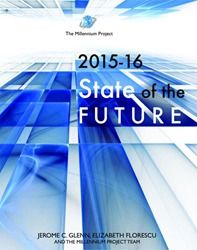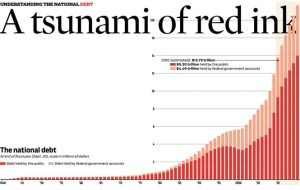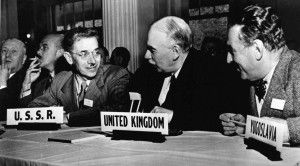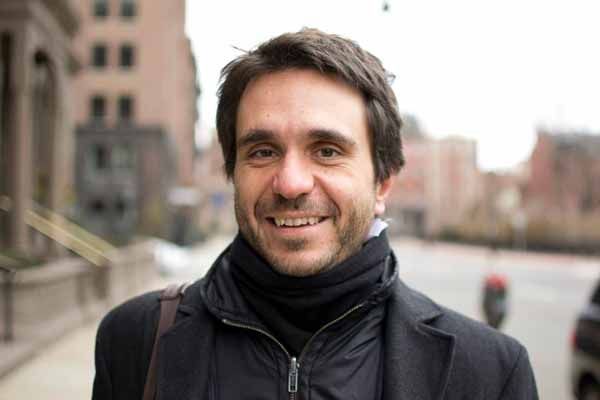It’s not every day you get to sit down and have a one-on-one conversation with a United States presidential candidate, let alone one who is also a Transhumanist. TechEmergence recently had the opportunity to do just that during an interview with Zoltan Istvan, the 2016 presidential candidate for the newly formed Transhumanist party and author of the 2013 published The Transhumanist Wager.
If you follow the emerging trends in artificial intelligence, then you have already likely heard of “Transhumanism.” Oxford’s Nick Bostrom, in his 2003 book Ethical Issues for the 21st Century, defined Transhumanism as “a loosely defined movement…that promotes an interdisciplinary approach to understanding and evaluating the opportunities for enhancing the human condition and the human organism opened up by the advancement of technology.”
This philosophy could be a turning point in human evolution. But like all great movements, this one is seemingly slow to pick up a serious following (though perhaps in retrospect, we will comment on how quickly this direction moved society forward). Regardless, Zoltan Istvan is determined to usher in this transitional philosophy as a political player and advocate for human enhancement.
Fighting for Our Lives
How do you get the populace, and other governments, to listen to ideas that, by mainstream standards, buck tradition and fall on the extreme side of the socially-acceptable spectrum?
Continue reading “Transhumanist Party Brings Life Extension Front and Center — an Interview with Zoltan Istvan” »

 Alas, I can not think of anything that puts such an oppressive and unfair burden into perspective, except to this:
Alas, I can not think of anything that puts such an oppressive and unfair burden into perspective, except to this:












